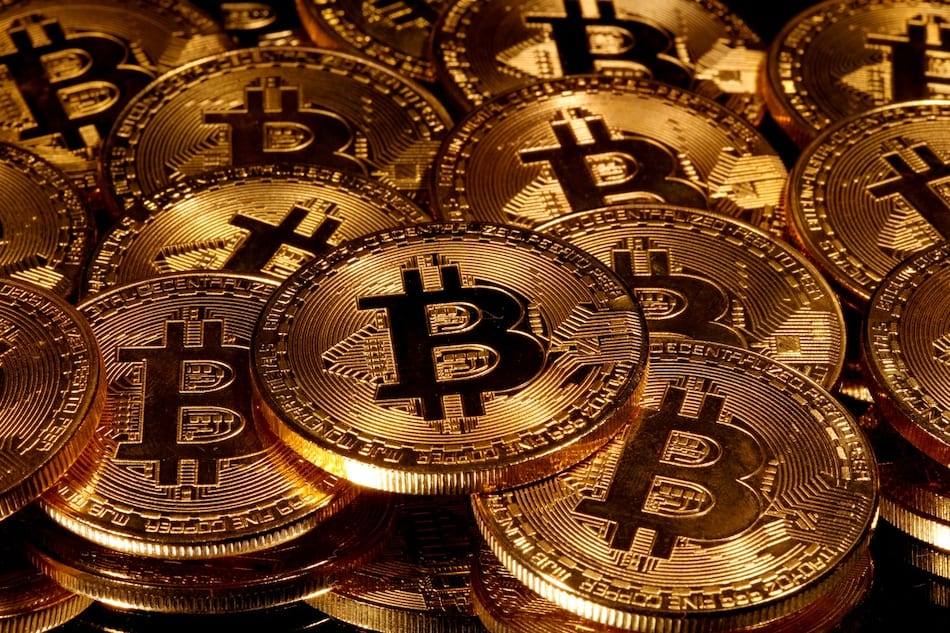Morgan Stanley and Goldman Sachs are looking to give Bitcoin access to the investment banks wealthy clients. Morgan Stanley believes the volatile asset is suitable for clients that have an aggressive risk tolerance and have at least $2 million in assets with the firm. Goldman Sachs stated clients are looking to use Bitcoin as a hedge against inflation, while others are even saying they believe we are “sitting at the dawn of a new internet”.
If Bitcoin is the new internet how would one profit? You cannot invest directly in the internet. You could invest in companies that use the internet, help run the internet, or protect the internet but there are no profits made by direct investment in the internet.
Other clients of these large investment banks think Bitcoin will be a hedge against inflation. There are two types of inflation. There is monetary inflation, which is the increase in the money supply which may lead to rising prices. Then there is goods inflation, which is driven by supply constraints alongside excessive consumer demand. Bitcoin is not a consumer good or a commodity that is used to produce consumer goods. During a monetary inflation there is no real use for Bitcoin, so why would resources be allocated to something that does not increase living standards in any way?
Let us say we are stuck on an island and we decide to use seashells as our form of money. We create a market to allocate resources and it decides coconuts are worth 10% of the money supply. Our money supply is a total of 100 seashells. The total amount of shells that are dedicated to coconuts will be 10 (10% of 100 shells) which is based on what the market dictated. In this scenario if we only can produce 10 coconuts, each coconut will cost 1 seashell. If we have monetary inflation, as the money supply increases the price of coconuts increase as well (unless we grow more coconuts). Say our productive capacity is 10 coconuts. We decide to increase the money supply from 100 seashells to 200 seashells, the market still dedicates 10% of the money (seashells) to coconuts. That would make each coconut 2 shells instead of the original 1 shell.
If one truly believes in high inflation, the prices of all the most used commodities such as gold, copper, silver, oil, gas, and agricultural products must rise for prices to rise. In that scenario, why buy Bitcoin? Why wouldn’t you buy the things that need to rise to have inflation?
Bitcoin is sold as a hedge against monetary inflation that is superior to gold and other commodities because it is easier to store. If it is so easy to store, why would anyone pay investment bank fees to store it? What’s the point?


















Add comment